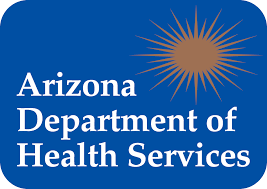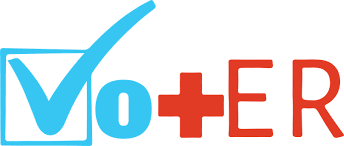In November 2020, Arizona voters approved the Smart and Safe Arizona Act legalizing retail marijuana and establishing a Justice Reinvestment Fund for grants to qualified nonprofit organizations that provide justice reinvestment programs in Arizona.
Last week ADHS opened up the application period for the first set of Justice Reinvestment Grants. The RFGA will remain open and accept applications for the next 6 weeks. Pre-application conferences are being held over the next couple of weeks for folks interested in applying.





